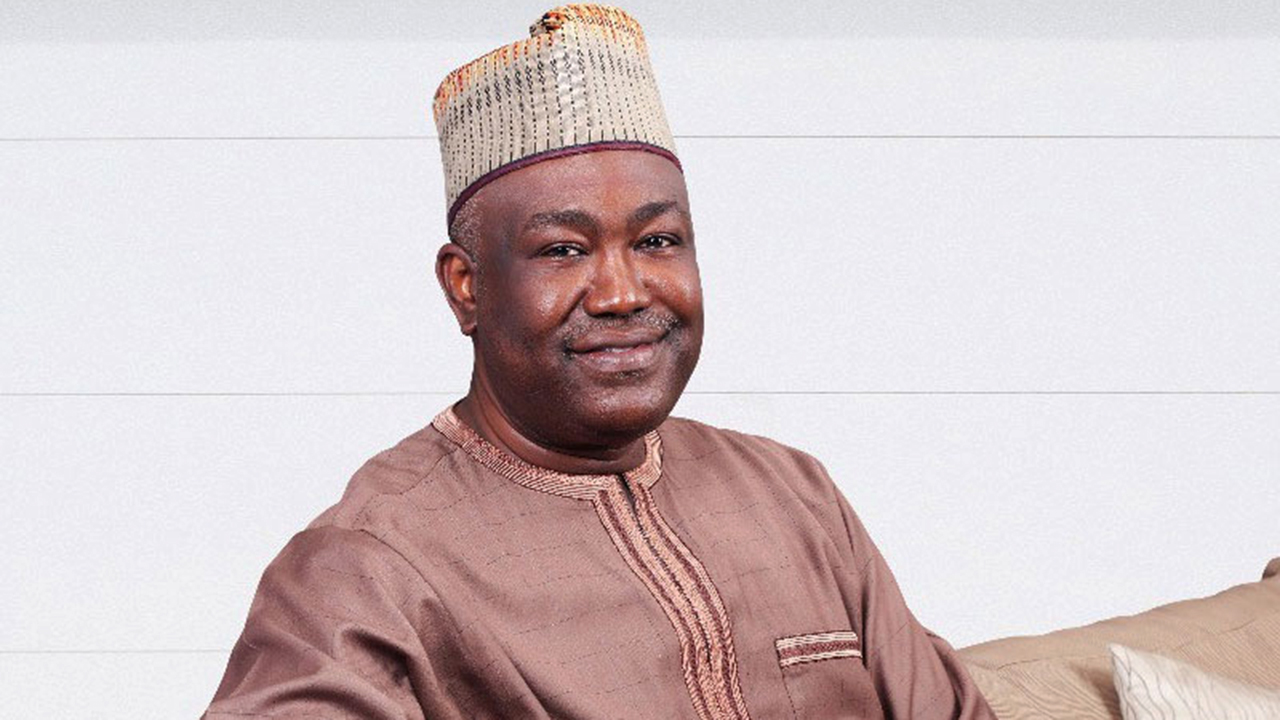The Commandant-General of the Nigerian Forest Security Service (NFSS), Ambassador Joshua Osatimehin Wole, has warned that Nigeria’s 1,129 forest reserves, including 174 in the North-Central, are flashpoints that require tighter surveillance and inter-agency cooperation to contain insecurity.
“For sustainable peace in our communities, all our forested regions must be preserved and properly secured,” Wole said at a capacity-building training for stakeholders held in the State House, Abuja.
He identified Niger, Kwara, and Benue, three states bordering international frontiers, as epicentres requiring enhanced monitoring.
“What Nigeria is currently facing goes beyond farmer-herder clashes. We must also consider the post-Gaddafi fallout, which scattered mercenaries across the Sahel,” he added.
The Abuja forum, organised under the Presidential Community Engagement Peace Initiative (PCEPI), brought together stakeholders across the North-Central to deepen dialogue, strengthen social cohesion, and map strategies for lasting peace.
The Senior Special Assistant to the President on Community Engagement (North-Central), Dr. Abiodun Essiet, stated that nearly 70 per cent of insecurity in the region can be addressed through dialogue, reconciliation, intelligence sharing, and community engagement, rather than relying solely on military force.
“At the heart of this initiative is a peace structure across all 110 local governments of the region,” Essiet explained.
“It will be an active platform for intelligence gathering, continuous dialogue, and addressing the root causes of conflict. This structure will be the backbone of sustainable peacebuilding.”
She emphasised that resolving communal conflicts early was critical: “Once we succeed in addressing internal disputes and root causes of tension, we will already be halfway to overcoming insecurity in the North-Central, while armed criminality remains the task of security agencies.”
The training featured sessions on peacebuilding, conflict resolution, and intelligence gathering, alongside SWOT breakout sessions to identify risks and design state-level action plans.
Dr. Kole Shettima, Director of the MacArthur Foundation, stressed that peace underpins development: “Unless there is peace, you cannot do what you want to do. Peace is essential and paramount.”
He urged lawmakers to strengthen traditional institutions and learn from indigenous models of conflict resolution.
Project Coordinator Jacob Alagbe said the programme aims to forge partnerships and foster coexistence, with outcomes feeding into state-specific action plans for peace.






